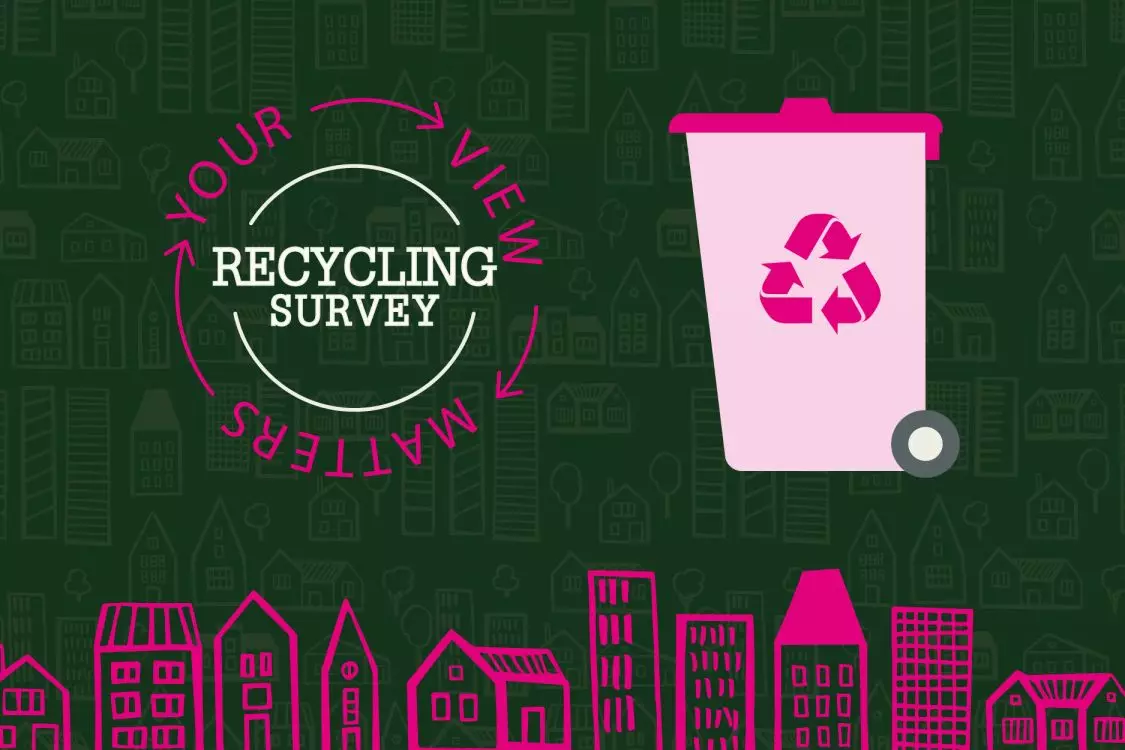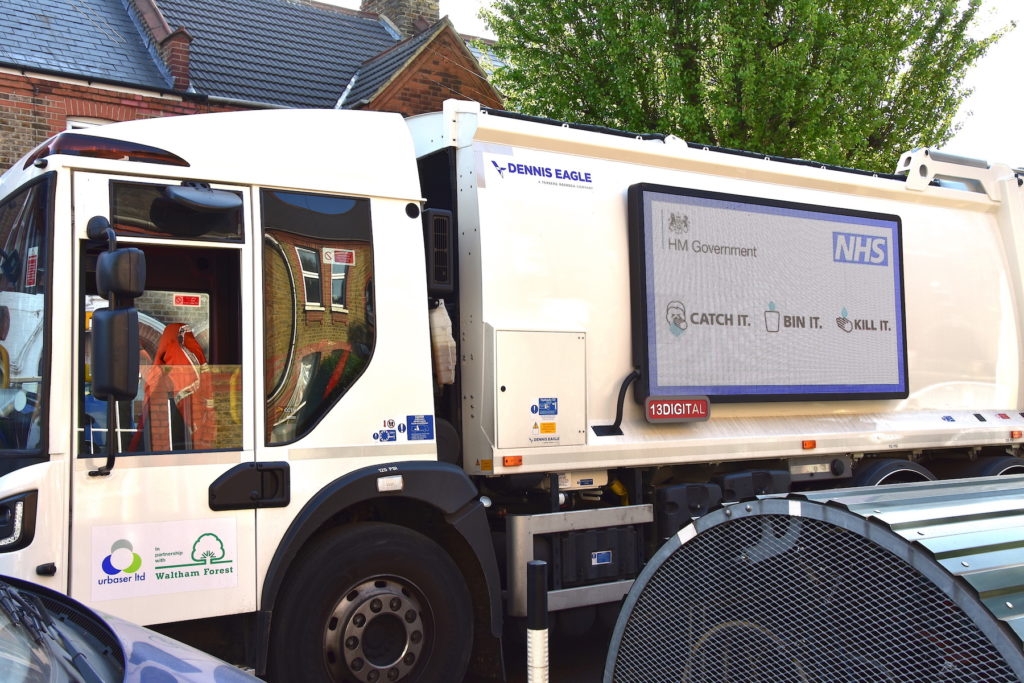The council’s climate scrutiny committee met on 16 November to discuss the borough’s new recycling strategy for 2022/23.
The strategy explains the direction the council will recommend for managing its waste and recycling services during the coming decade and aims to improve its household waste recycling rate from the 31.9% it achieved in the 2020/21 financial year.
The strategy also proposes offering separate food waste collections to all households in the borough, including all flats, and to ban the presentation of waste outside the bin and the contamination of recycling.
In the draft strategy, Cllr Clyde Loakes, the council’s deputy leader and cabinet member for climate and air quality, said: “By introducing separate food waste collections and moving to fortnightly residual waste collections, we will be able to make great strides towards our recycling and climate change goals.”
A report which went before the meeting said modelling indicated that the bin capacity available to households under fortnightly collections would be “more than sufficient”, provided residents use the recycling service.
“This measure has been effective in increasing recycling in most local authority areas in London and around the country,” the report reads. “Without this change, recycling performance is unlikely to improve.”
Survey
To gauge the public opinion on the proposed changes, the council conducted a survey between 23 September and 21 October and received 2,757 responses.

According to the council report, 55% of respondents agreed with the proposal to move to fortnightly collections of black bins and to introduce separate weekly food waste collections.
Residents were asked whether they felt the council was taking the steps to increase recycling and 63% agreed.
Residents were asked about what could help them to recycle more. Of the residents who have bins used solely by their household, a quarter were unsure exactly what could be recycled. Additionally, 10% indicated they only had a single bin in the house so did not separate waste and recycling.
For those residents who share communal bins with their neighbours, 34% indicated that other residents do not use the bins correctly.
Waltham Forest
Waltham Forest council represents an estimated population of more than 276,000.
Waste management company Urbaser won an eight-year contract to collect waste and recycling in Waltham Forest in September 2019 (see letsrecycle.com story).
The recycling and waste service provided to residents in Waltham Forest varies depending on whether residents live in a street-level property, a flat or a flat above a shop.
All properties receive a commingled recycling collection service, through which residents can recycle plastic bottles, tubs and trays; plastic carrier bags; paper, card and cardboard; metal tins, cans, aerosols, trays, and kitchen foil; and glass bottles and jars.
For street-level properties and flats recycling is collected weekly, while flats above shops receive a more frequent recycling and waste service of three to six times a week due to storage restrictions.
Street-level properties also received a fortnightly mixed organics collection service for garden and food waste.
“Where practicable”, Waltham Forest also collects textiles, waste electrical and electronic equipment (WEEE), batteries and coffee pods alongside the weekly kerbside recycling.
Street-level properties receive weekly collections of residual waste, which is contained in either a standard 140-litre or large 240-litre wheelie bin.
Waltham Forest is also trialling a weekly separate collection of food waste from approximately 6,500 street level properties and has rolled-out food waste collections to flats with communal bins.
Most recycling and waste collected by the council is managed through the North London Waste Authority. The exceptions are textiles, WEEE, batteries and coffee pods, for which the council has separate arrangements with Traid, European Recycling Platform and Podback.












Subscribe for free